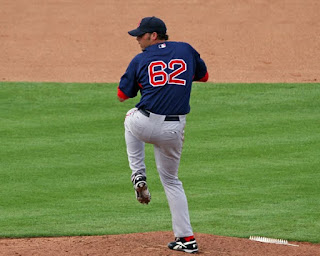When athletic development becomes the entire focus of anyone's life, other developmental tasks can drop by the wayside. Essentially, life choices might never be anchored in cause and effect thinking.
Some athletes can begin to believe that the rules of life do not apply to them, as they have, by virtue of their athletic talent, never experienced the consequences of poor life choices.
This is not a blame or a shame thing in any way. It is merely a perfect storm of talent, circumstances, and organizational focus. Organizations are focused on talent development and winning. They are not inherently set up to develop other aspects of human development.
Granted, most professional athletes are well anchored in a set of core beliefs about personal responsibility on and off the field of play. Identifying athletes that require more life skill training and providing proactive programming would go a very long way in keeping the talent on the field and away from the agencies/entities in the outside world that grant no exceptions for non-exceptional life decisions.











